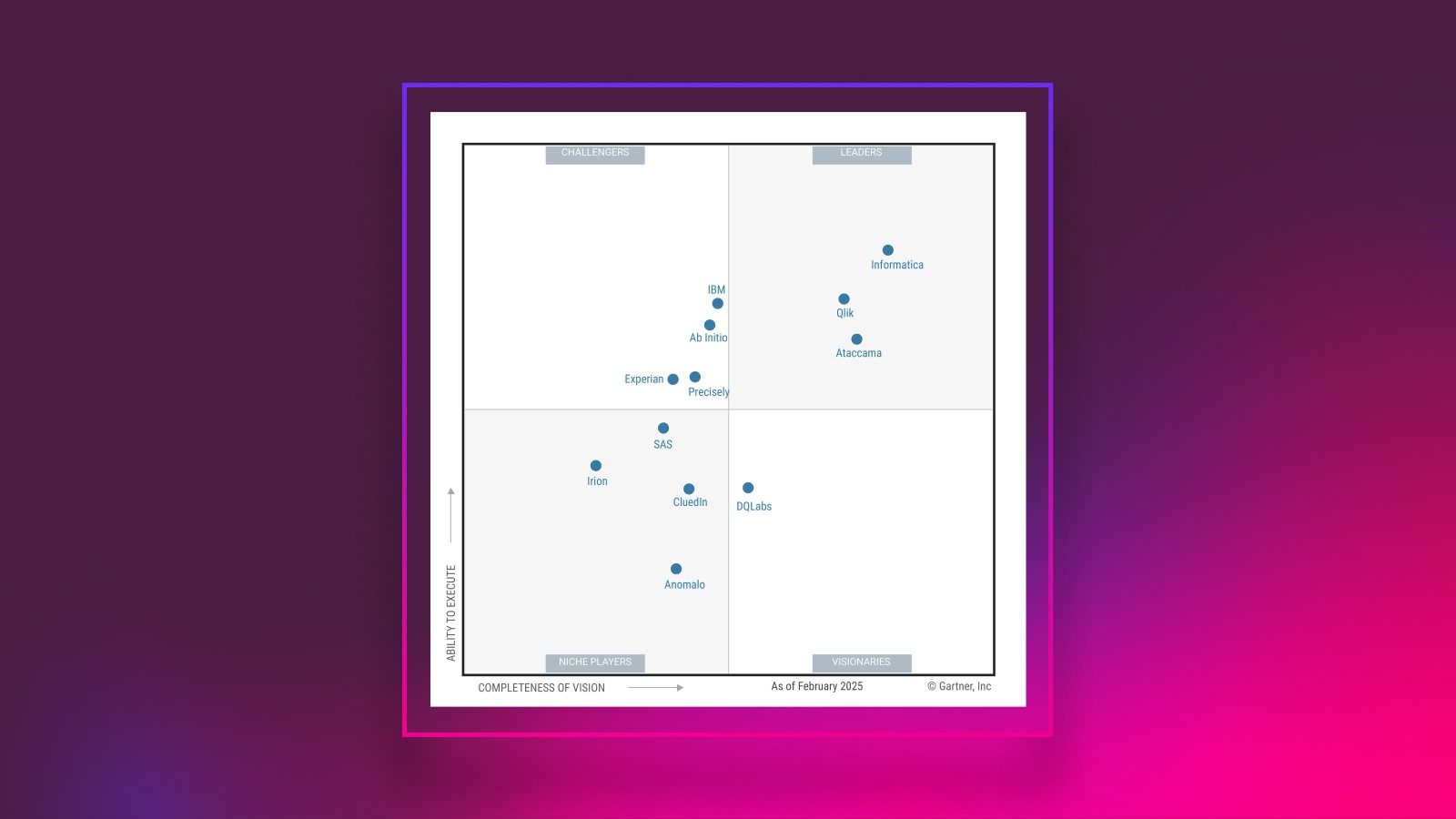A CDO’s guide to communicating the business value of data governance

What you’ll learn
This playbook will outline a list of strategies to communicate your data governance outcomes in a way that will:
- Encourage future buy-in
- Secure continuous funding
- Grow your team’s profile
- Create a data-driven culture
The problem
Data Governance remains a complex and difficult proposition for most of us , and that is due for the most part to non-technological obstacles that can be overcome through communication.

Principles for successful data governance communication
1. Communicate how projects align with business goals
Without getting too bogged down in the details, the specifics of your initiative should be tied to overcoming hurdles experienced by your colleagues.
- The first step of data governance communication is a simple one: ask the business about how data fails to support them in reaching their goals.
- Then make a plan of how data governance will help and communicate to them how successful programs have helped with this in the past.
2. Create a stewards council and assign a storyteller
Creating a team and assigning roles doesn’t require hiring expensive consultants.
You can find your stewards internally and second them from other departments, training them in valuable skills such as data analysis, demonstrating your commitment to the project.
Make sure to assign a data storyteller who will be communicating with business.
3. Clearly define what is in and out of scope
Before attempting to take on every business challenge with your ambitious project, you should first establish what is in and out of the project’s scope.
That’s why we recommend to communicate incremental benefits and the project’s scope early on in your program.
4. Communicate created business value
One of the best ways to communicate the value of data governance initiatives is to create repeatable rules that assign business, risk, and financial values to your data. Try showing results via data visualization tools rather than simply trying to explain them.
5. Communicate the rollout timeline
Data governance is an ongoing modus operandi, which comes with unique pros and cons. It can sometimes feel overwhelming when practitioners and leaders first evaluate tools, techniques, processes, etc.
That is why the best way to go is by starting small.
Establish milestones that you communicate to the organization regularly via assigned stewards.
6. Tailor your communication to your audience
The data you are working with and around will have different levels of relevance to your stakeholders, so tailor your message accordingly to the following audiences:
- Business and IT leadership
- Executive sponsor
- Practitioners






